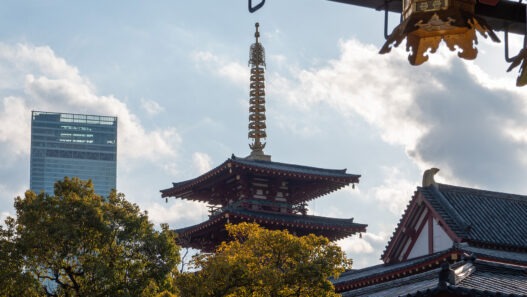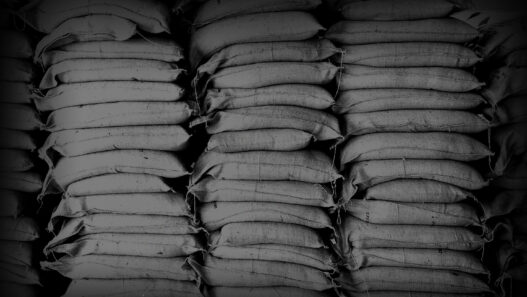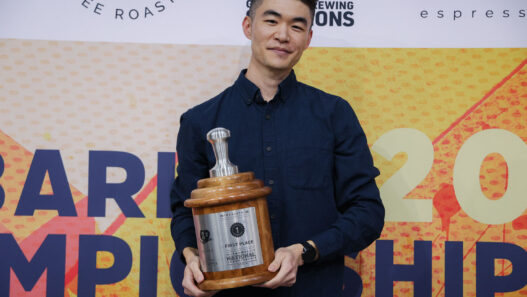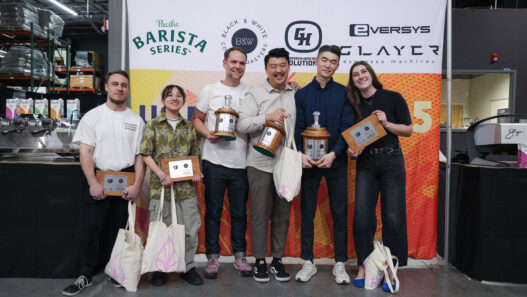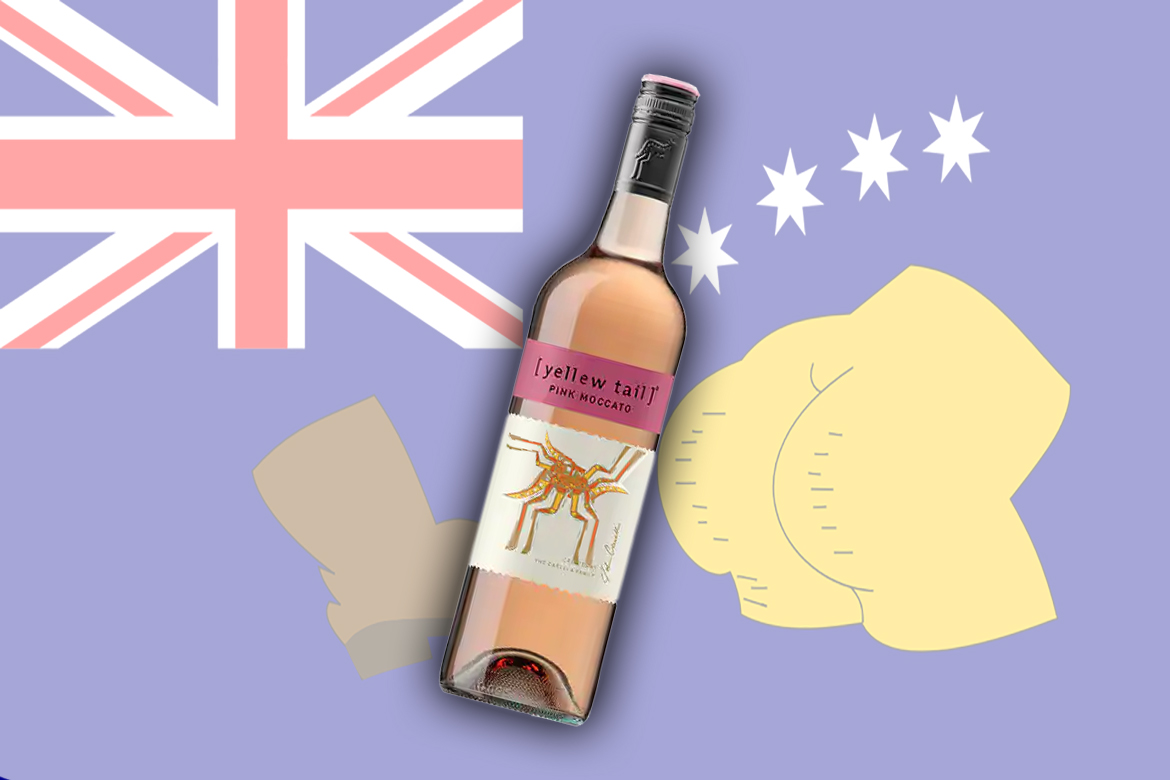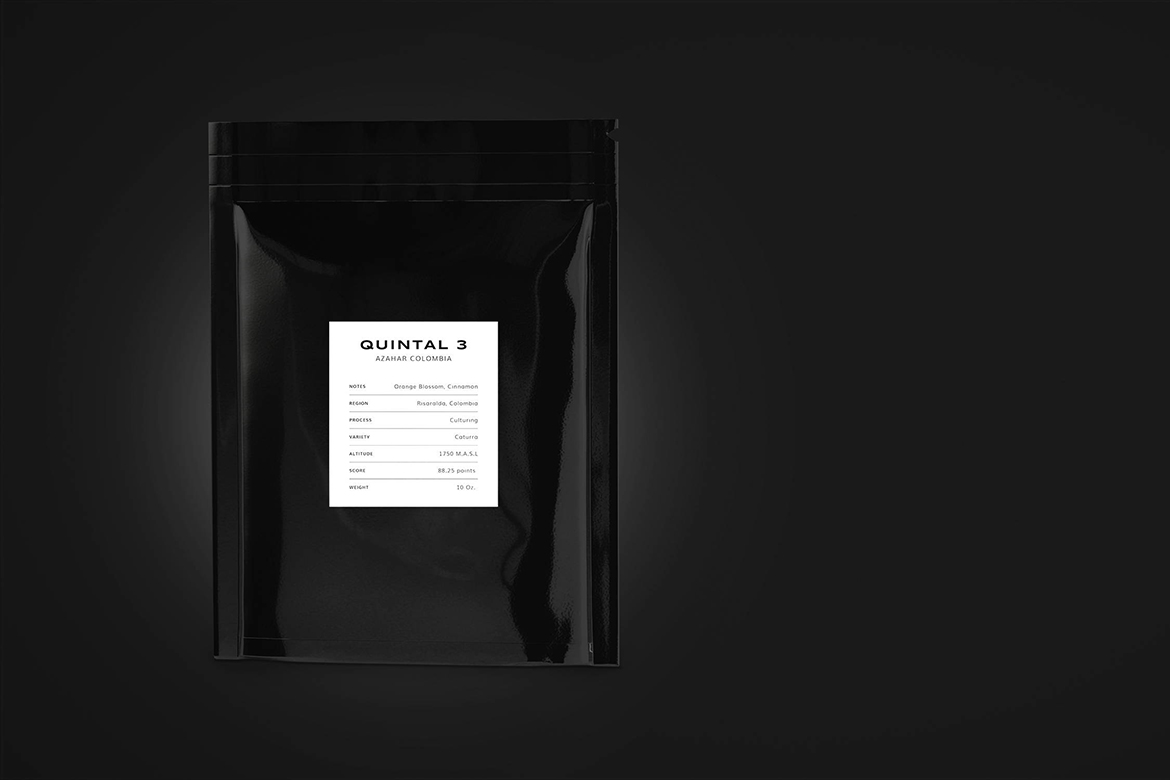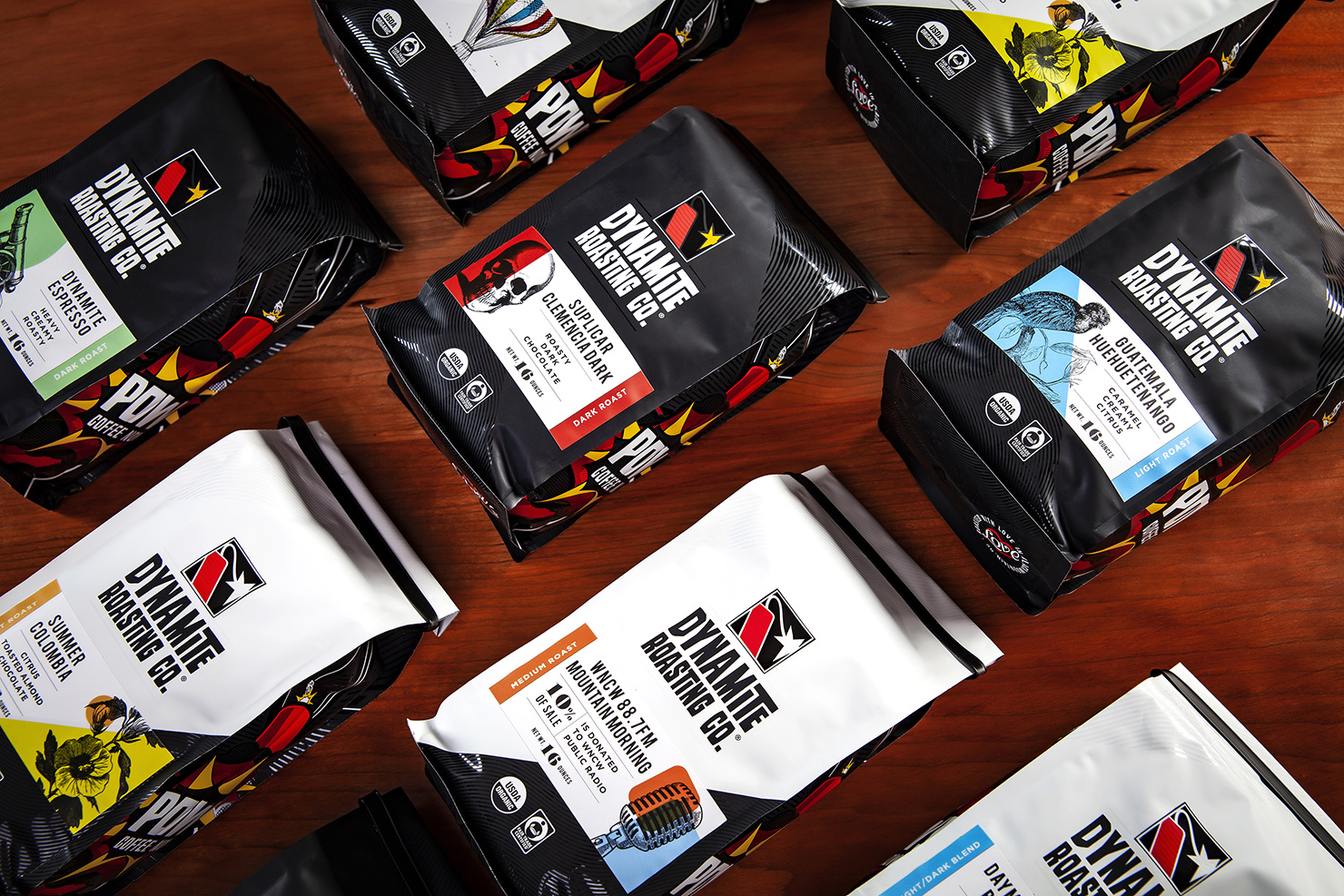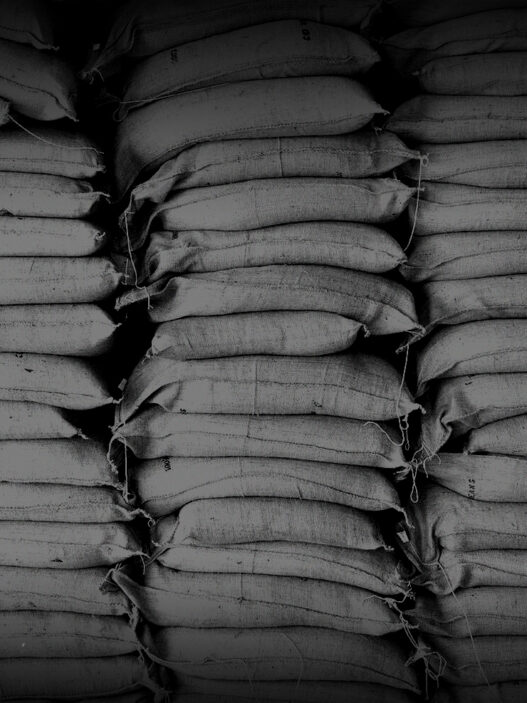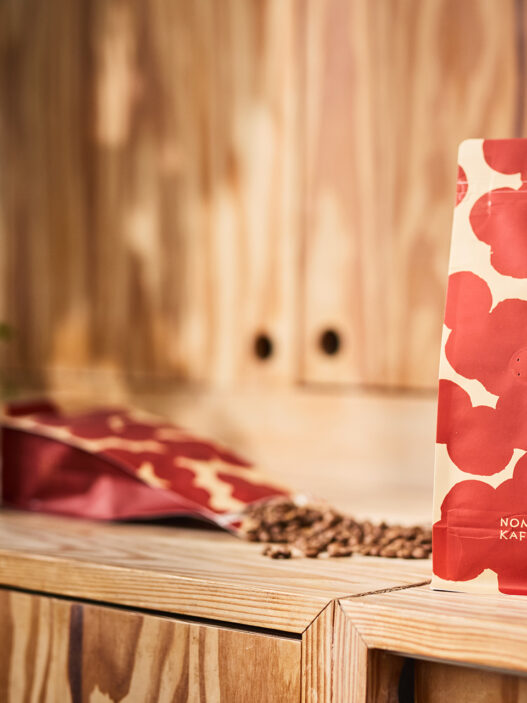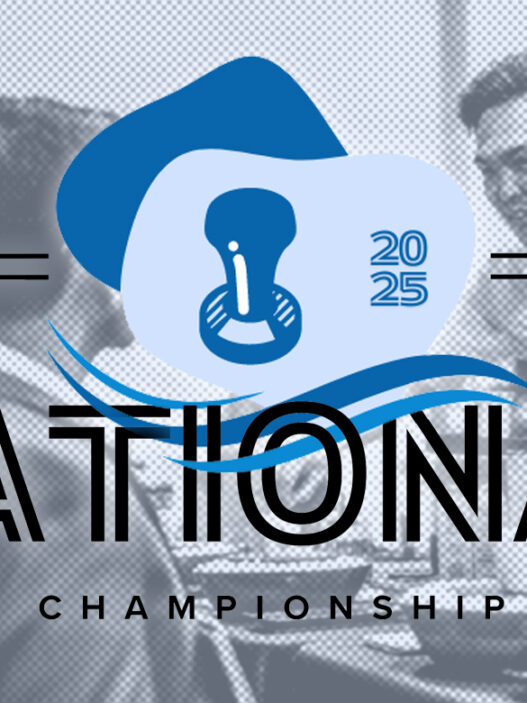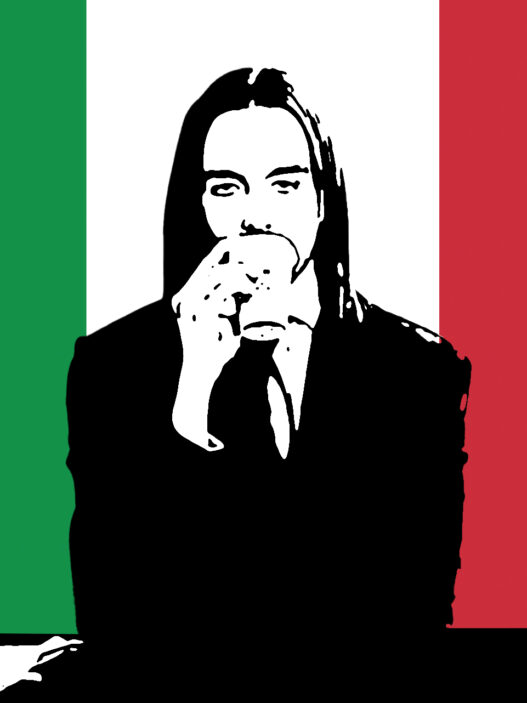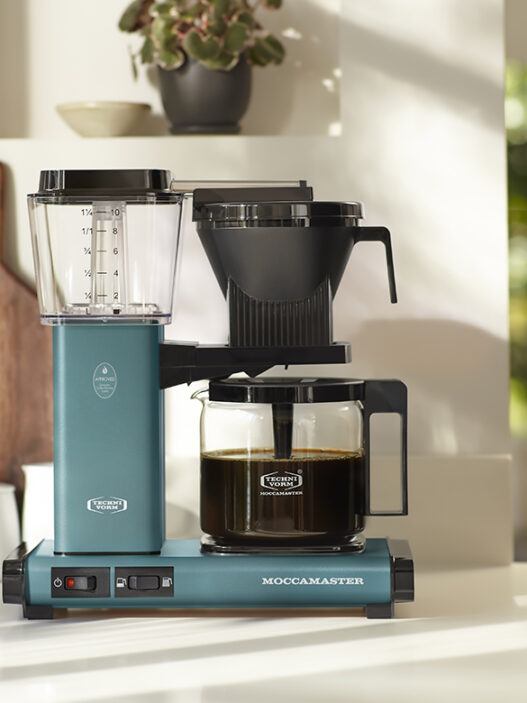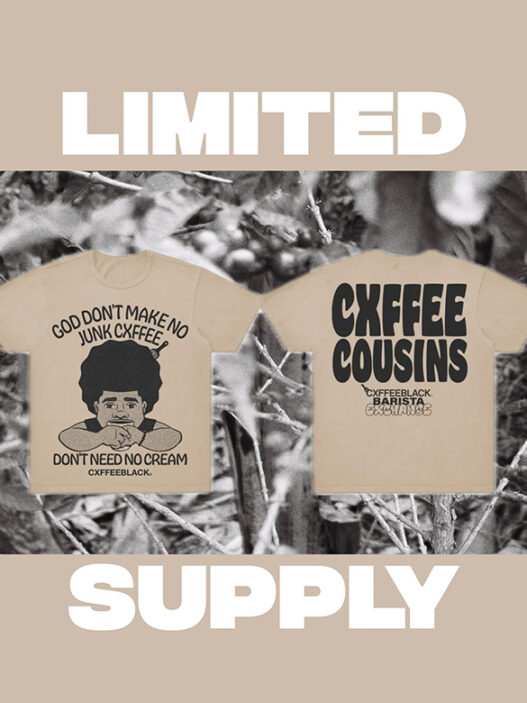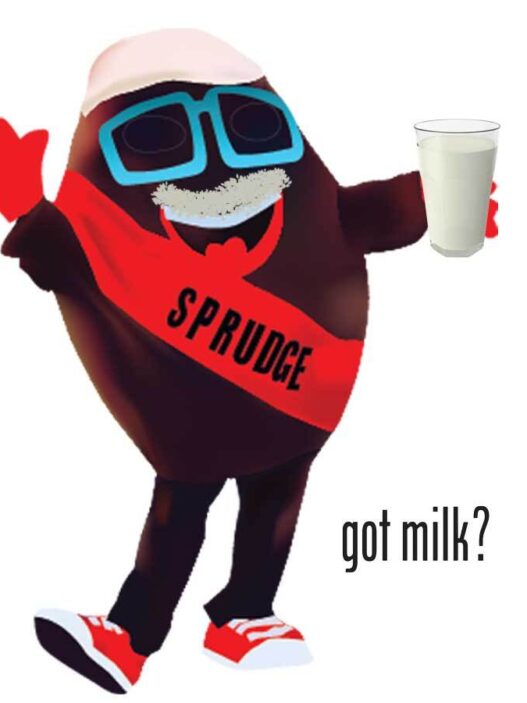Have you ever popped a fresh bottle of something fun only to find out its more Marlboro than Marlborough? More not-not than nat-nat? Beyond simple Netflix fodder, wine forgery is big business and its reach extends past the confines of the subterranean cellars of the ultra-rich fine wine collectors. Even your everyday table wine is at risk of being faked.
But Australia is having none of it. To protect their producers—and consumers—against the works of forgers, the growing region Down Under has created a free online database to help verify the authenticity of a wine hailing from Australia.
As reported by Wine Searcher, dubbed the Export Label Image Search System (ELISS), the searchable internet database is a collection of labels one to use to verify that the bottle they purchased matches with the real deal, either through visual inspection or via the uploadable image search label matching functionality. The database covers all wines exported after July 1st, meaning any Australian wine purchased before may not be represented in the image search.
The primary thrust of the database, Wine Australia’s general manager of corporate affairs and regulations Rachel Triggs tells Wine Searcher, is to protect those labels most likely to be forged, the premium wines and the well-established omni-producer, like Penfolds, whose portfolio ranges from $10 to $1,000+.
But Triggs states that the problem isn’t just for the big players. “We do also see [fakes] with brands that are just entering the market. That’s a huge problem for those brand owners. It detracts from their market share.” Like natural wine producers.
And indeed, a cursory search of ELISS finds the labels of multiple minimal intervention producers hailing from Australia, including the like of Jauma, Ochota Barrels, Charlotte Dalton, Shobbrook, Good Intentions, Gentle Folk, and Commune of Buttons.
While a step in the right direction, ELISS isn’t fool proof. A well-made forgery label will not be detected by the database. But as Wine Searcher notes, most forgeries aren’t well made, “they might have the vintage in the wrong spot, or use the wrong-sized font.”
Still, any protection, no matter how flawed, is better than none. And with the rise is popularity of natural wine as well as its focus on producing only what the grapes give (there’s no lab kajiggering to make the 2019 vintage taste like the 2018, thus there is no single constant for one to use their taste buds to determine if something isn’t quite right), it would appear to be ripe for the forging. The real question is: can forgers fake the funk? George Clinton would think not.
Zac Cadwalader is the managing editor at Sprudge Media Network and a staff writer based in Dallas. Read more Zac Cadwalader on Sprudge.








